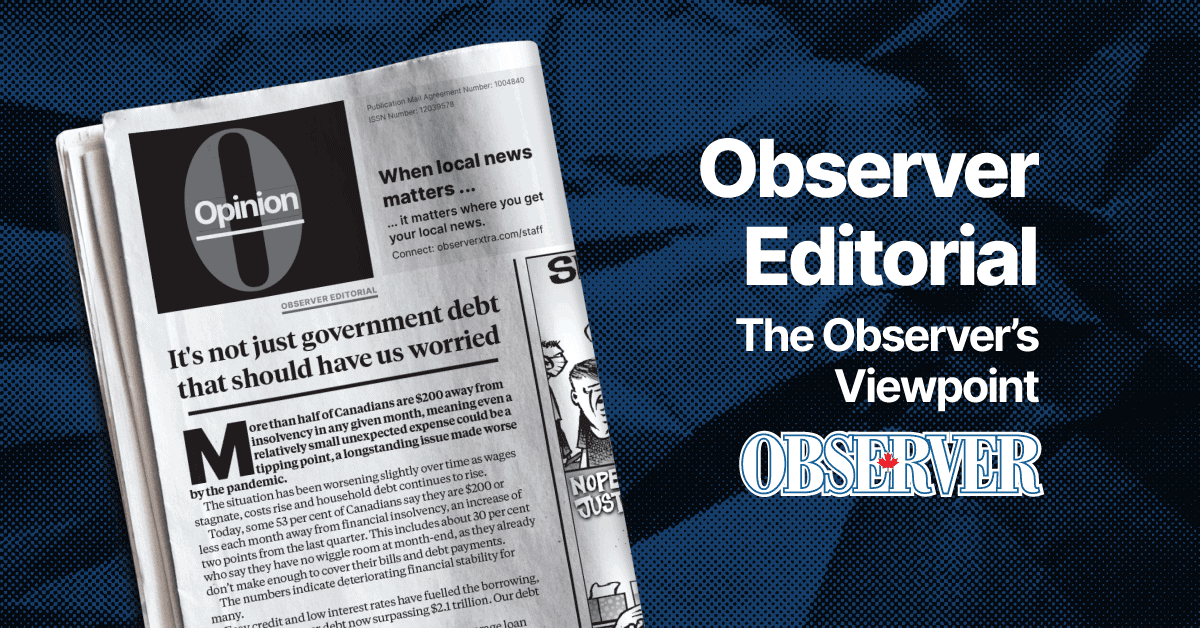;
;
;
Next Article
A birthday celebration of sorts, in musical style

This week’s municipal elections ensured the majority of councillors in the townships will be new faces when the next terms begin. In Woolwich, only Mayor Sandy Shantz will return from the current incarnation of council. Ward 1’s Patrick Merlihan ran for mayor, falling short, while Scott McMillan opt
Last updated on May 03, 23
Posted on Oct 27, 22
2 min read
